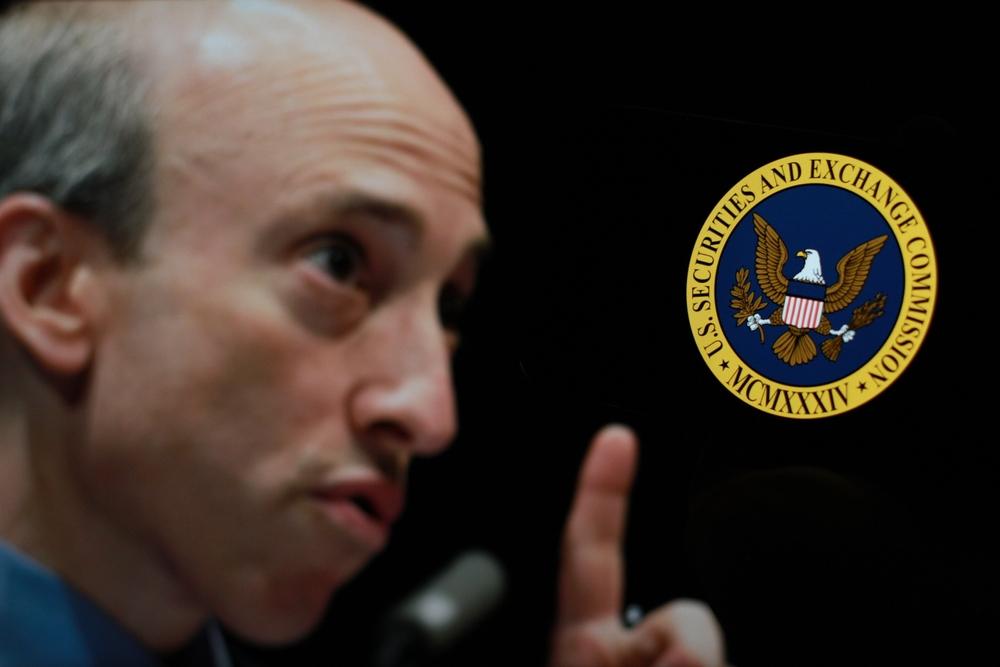Four state agencies in Vermont have come together to establish a working group to look into the opportunities and challenges presented by blockchain technology.
Participating agencies include the Department of Financial Regulation (DFR), the Secretary of State, the Agency of Commerce and Community Development (ACCD), and the Attorney General’s Office. The working group will focus on three key areas:
- What opportunities, challenges, and concerns blockchain may present
- Whether blockchain-specific regulation or legislation is necessary and, if so, of what type
- How best to protect consumers who may use blockchain technology or be affected by it
The working group will also seek input from stakeholders, associations, and other industry experts.
“In an era of persistent data hacks, security breaches, and online activity, exploring new and innovative ways to protect our data is essential,” said Attorney General T.J. Donovan. “And, we must strive to balance economic opportunity with consumer protection.”
Donovan believes that the initiative will enable state regulatory agencies to better understand blockchain technology and determine how best to engage with a technology that may represent a new business sector.
The Attorney General said working group members plan to meet and commence work in January 2019.
Vermont is one of the blockchain-friendly states in the United States. In May 2018, Vermont Governor Phil Scott signed Senate Bill 269 into law to encourage blockchain business development in the state.
Earlier this year, a bill was introduced that seeks to implement strategies relating to blockchain, cryptocurrency, and financial technology in order to promote regulatory efficiency; enable business organizational and governance structures that may expand opportunities in financial technology; and promote education and adoption of financial technology in the public and private sectors.
In June 2017, Governor Scott signed a bill that mandated a study and subsequent submission of a report on how blockchain and financial technology will impact employment, tax revenues, and other benefits in the state.



























Comment 0